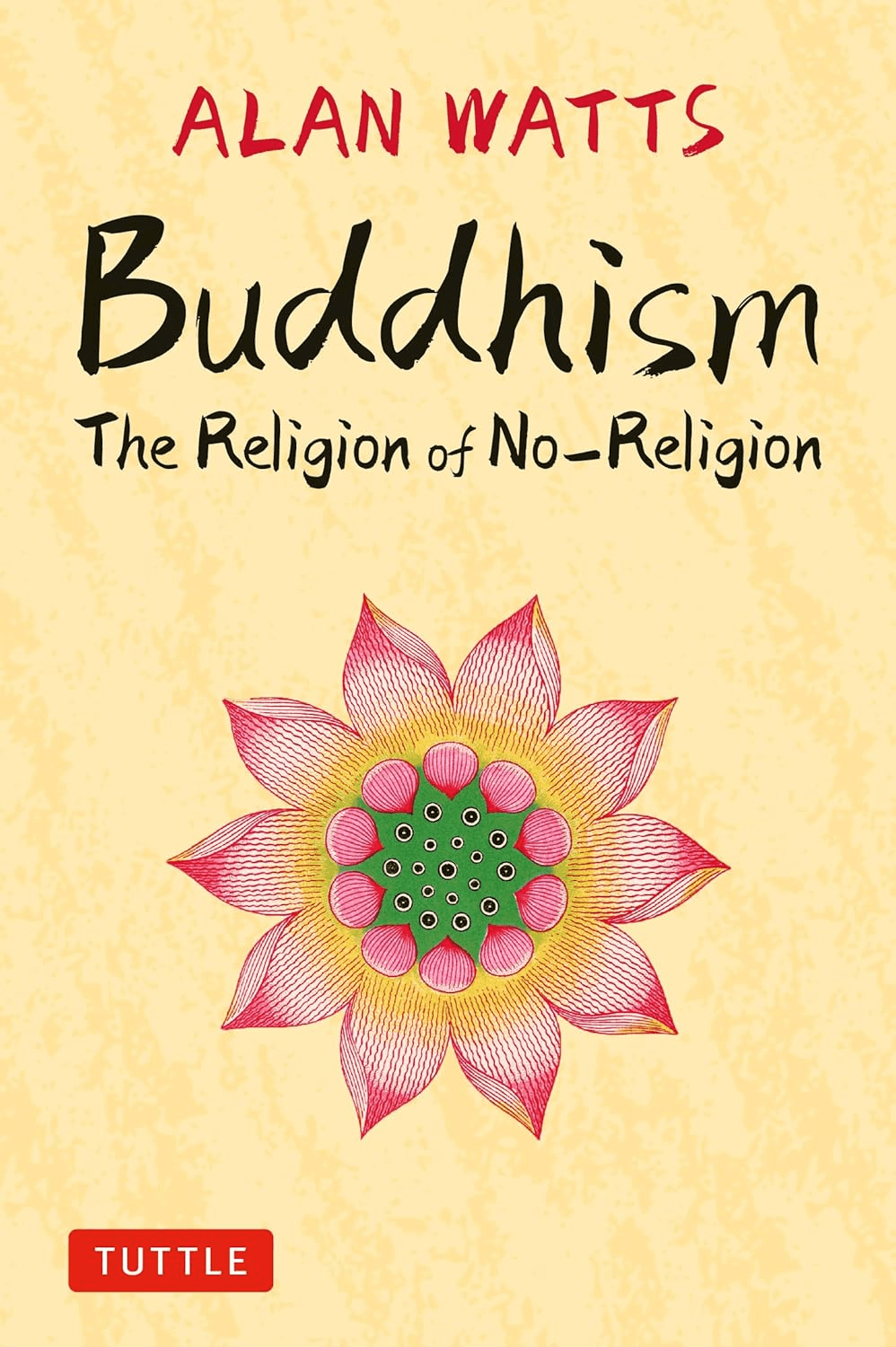Buddhism, specifically Zen Buddhism, is fundamentally different than all other religions in that instead of adding structure overtop experience, it breaks down existing structures in order to experience directly.
Said by Alan Watts:
“Buddhism is not interested in concepts; it is interested in direct experience only.”
In his teachings Buddhism: The religion of no-religion

Buddhism teaches that desire is the root of all suffering, desire caused by ignorance - a misperception of reality.
The Four Noble Truths:
- Dukkha - Suffering pervades ordinary life
- Samudaya - The origin of Dukkha is craving, grasping, clinging for pleasure, sense, existence and is fueled by ignorance
- Nirodha - When craving is let go fully, suffering ends. The cessation is called nirvāṇa
- Magga - The way to cessation is the Noble Eightfold Path.
tldr; there is suffering, it has a cause, it can end, and there’s a practical path to do so.
The ignorance is less something that can be learned and more something that is remembered.
- Impermanence (anicca): taking the changing as if it were lasting.
- Unsatisfactoriness (dukkha): taking the unreliable as a true source of happiness.
- Not-self (anattā): taking what’s not self (body/mind processes) as “me” or “mine.”
A metaphor for the not self is to look at your phone. Your phone has a screen, on which can display many different things. You can look at pictures of cats, watch videos, or even read this text. You may be convinced that the cat on the screen is actually a cat - and not just very small lights flashing in coordination. So much so that when you watch a video on your phone you may lose awareness of the screen entirely and have a similar experience to watching a real cat.
But the screen is always there, whether you are aware of it or not. The no self operates in a similar fashion. Of course language can not encapsulate such a concept, the closest word in english in “consciousness” or “experience”. All events ever experienced are place upon this canvas. The practice of being, experiencing reality directly without strain or effort, allows you to remember the “screen” in which all of this is happening.
The ignorance is akin to believing the cat on your phone is real.
These are sometimes framed as the “perversions” (vipallāsa): seeing the impermanent as permanent, the painful as pleasant, the not-self as self, and the impure as pure.